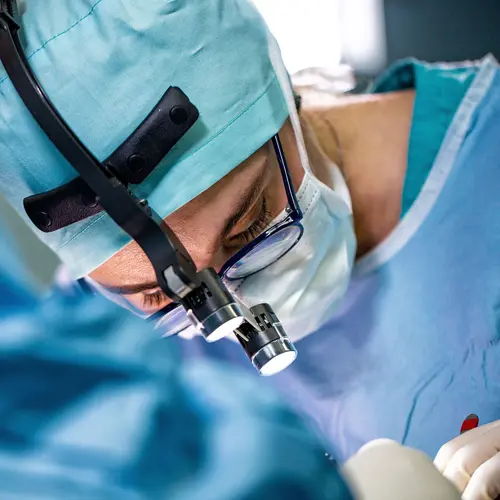Recommended

Related Links
- Heart Disease News
- Heart Disease Reference
- Heart Disease Slideshows
- Heart Disease Quizzes
- Heart Disease Videos
- Find a Cardiologist
- Heart Disease Medications
- Book: Take Control of Your Heart Disease Risk
- Coronary Artery Disease (CAD)
- Peripheral Artery Disease (PAD)
- Abnormal Heart Rhythms
- Angina
- Atrial Fibrillation
- Cholesterol Management
- Diabetes
- Heart Failure
- High Blood Pressure
- Metabolic Syndrome
- Cholesterol & Your Heart
- Stroke
- More Related Topics